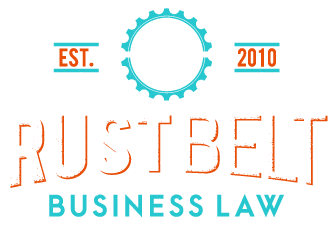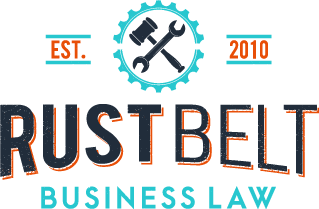What Remedies Can I Seek for Breach of Contract?
Business owners often want to know: if I execute a valid contract with another party, and the other party violates the terms of the contract, what sort of remedies can I seek for this breach of contract? In this post, we will go over a few remedies which can be sought following a breach, starting with the two general categories of relief.
One of the main benefits of creating a legally enforceable contract is that a non-breaching party can attempt to access relief through the courts. When parties create a contract, they are essentially imposing duties on themselves, and if they fail to perform their duties they can be liable for the consequences.
Legal vs. Equitable Remedies
When a party breaches a contract, there are many different types of relief which can be sought by the non-breaching party. All these specific types of relief fall into one of two categories: equitable relief and legal relief. Equitable relief refers to actions ordered by the court; for instance, whenever a court mandates that a breaching party perform certain services for the non-breaching party, this would qualify as equitable relief. Legal relief, on the other hand, refers to money which is transferred from the breaching party to the non-breaching party. When it comes to legal relief, a major concern is determining precisely the amount of money which should be transferred from the breaching party. The calculation of legal relief depends on the underlying circumstances of the breach, as different circumstances can necessitate different calculation methodologies. In Pennsylvania, most business disputes that end up as lawsuits are suits for monetary damages, and not equitable relief.
One way to think about relief for breach of contract is that the court will attempt to place the non-breaching party in as good of a position as he or she would possess if the contract had not been breached.
Specific Performance
One type of equitable relief which can be sought is specific performance. Specific performance occurs when the court requires the breaching party to fully comply with the exact terms of the contract. This can happen when the non-breaching party has a strong need to fulfill the terms of the contract. For instance, if a party engages with another party to construct a building, and the party seeking the building requests a very specific type of material to construct the foundation, specific performance may be sought if there is a breach in this area.
Substantial Performance
Substantial performance is a doctrine which counterbalances specific performance, and holds that faulty performance may not always require that the breaching party fulfill the specific terms of the agreement. In cases in which there is a breach, but the performance was such that specific performance would be unreasonably or prohibitively expensive, substantial performance will hold that the non-breaching party receive legal relief for the damage caused by the faulty performance. In other words, the work needs to be "good enough" even if it isn't perfect.
Compensatory Damages
Compensatory damages are the most common form of legal relief and essentially represent the actual losses suffered by the non-breaching party. If a business owner contracts with a vendor to purchase 100 gadgets for $100 a piece, or $10,000 total, and the vendor delivers 100 gadgets which are all defective, then the owner might recover $10,000 in compensatory damages. In this case, the $10,000 is the amount needed to "restore" the business owner to his or her proper position following the breach.
Punitive Damages
Punitive damages are another form of legal relief, but this relief is far less common. Punitive damages are basically an expression of public policy which occurs when the breaching party engages in offensive or otherwise reprehensible behavior. These damages "punish" the breaching party and also serve as a warning to other members of society. Punitive damages might be warranted, for example, when a breaching party commits fraud or some other heinous action in the process of breaching the contract.
Attorney's Fees
A lot of business owners are disappointed to learn that they may not be able to recover their attorney's fees as part of a lawsuit. This is the general rule. However, there are a number of exceptions. Certain laws permit the prevailing party to recover their attorney's fees. Additionally, a properly drafted contract may allow you to sue for your attorney's fees, even if it's not expressly allowed by the law. If nothing else, this can give you a lot of leverage for a potential settlement.
Contact Rust Belt Business Law for More Information
These are just a few of the types of relief which can be accessed in the event of a breach. If you'd like to know more, get in touch with one of the attorneys at Rust Belt Business Law today by calling 814-983-6061.




